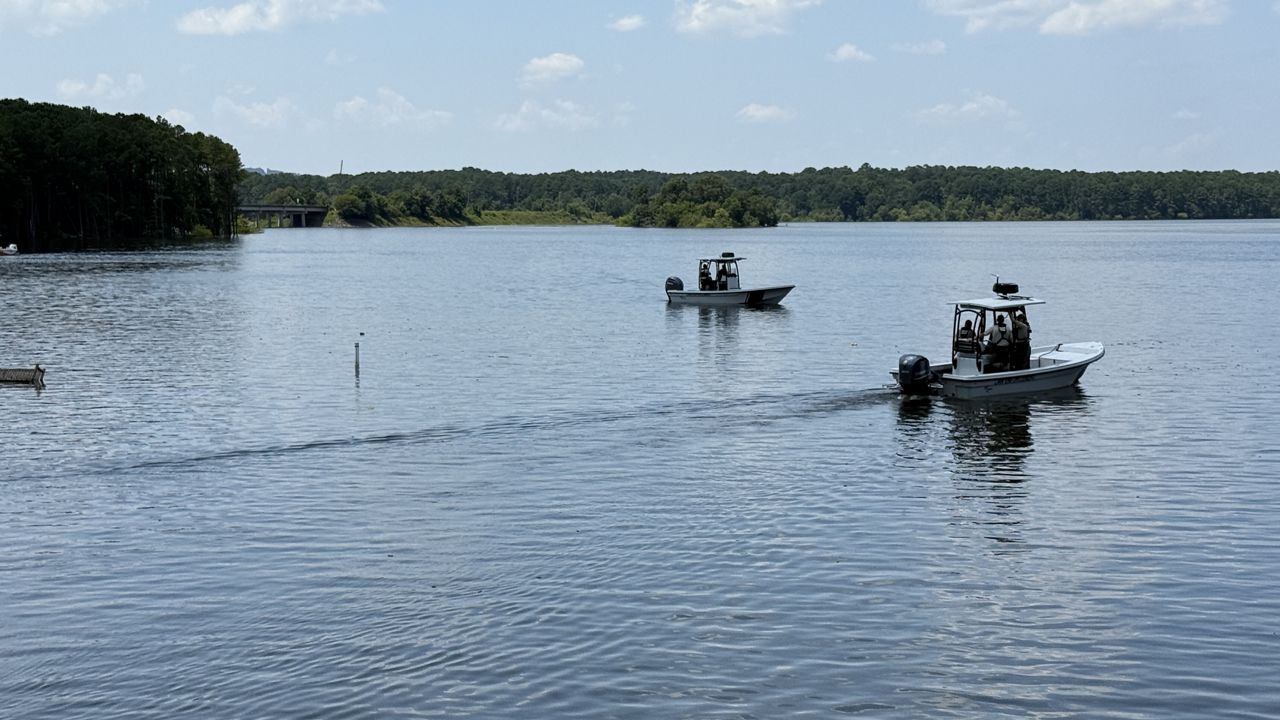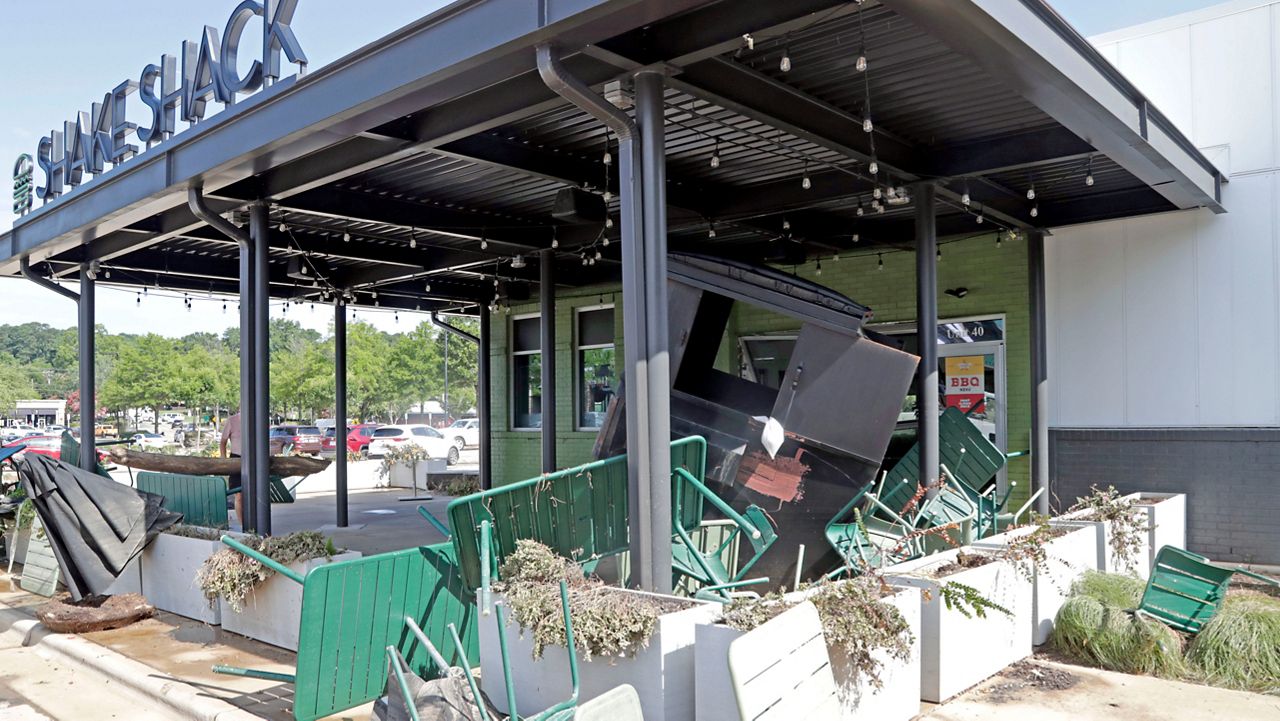CABARRUS COUNTY, N.C. — Farmers in North Carolina are celebrating after learning poultry exports can resume.
This comes after the World Organization for Animal Health declared North Carolina poultry bird avian flu-free.
Bird flu is a disease that can affect birds and some mammals, and it has affected more than 174 million poultry in the U.S. since 2022.
Tommy Porter and his family are behind Porter Farms in Cabarrus County, primarily a livestock operation.
“It gives you a good sense of gratification that you are doing something that matters,” Porter said.
Porter raises chickens that lay eggs which are later hatched into chickens raised for meat. The hatching eggs are for Pilgrim’s, a leading poultry provider.
Outside of the egg collection room, signs show this is a biosecure area, meant to keep bird flu and other diseases away.
Employees must change shoes after entering the egg collection room and dip them in a foot bath.
The virus, which can be deadly for livestock, spreads through contaminated air, clothing, boots and equipment.
Porter said he has never had any bird flu on the farm. But this year alone, the virus affected more than three million birds in the state, according to the North Carolina Department of Agriculture and Consumer Services.
“This year, they’ve had more cases in North Carolina than ever before,” Porter said.
Porter, who is a board member of the North Carolina Poultry Federation, said the avian flu free designation is good news.
“That takes a big burden off, a big relief,” Porter said.
However, he said that doesn’t change their daily operations. He can’t take visitors to the layer houses but recorded a video to show the powdered bleach he puts on his farm shoes before heading into the layer houses.
“Our No. 1 concern is, of course, to raise a safe food supply for the people, but then we want to take care of the animals,” Porter said.
The designation also allows the state to export again and resume international trade.
For Porter, more demand for poultry means more business for farmers like him, working with a large poultry company.
“If the integrator can't sell what they're producing, they don't need to produce as much and so then you would have a longer lay out period between flocks of birds. and when you don't have birds in the houses, you're typically not getting paid for anything,” Porter said.
He also said it’s good news for the consumer.
“The consumer can have a sigh of relief. I know there's going to be product on the shelf. There's not going to be a shortage of poultry,” Porter said.
According to the North Carolina Department of Agriculture and Consumer Services, while the avian flu free designation is good news, he asks farmers not to let their guard down because the virus is still present within wild bird population in the state. They encourage to continue biosecurity measures and monitoring of flocks for signs of illness.










